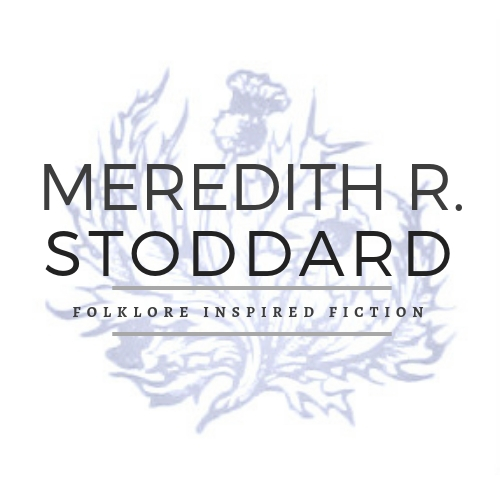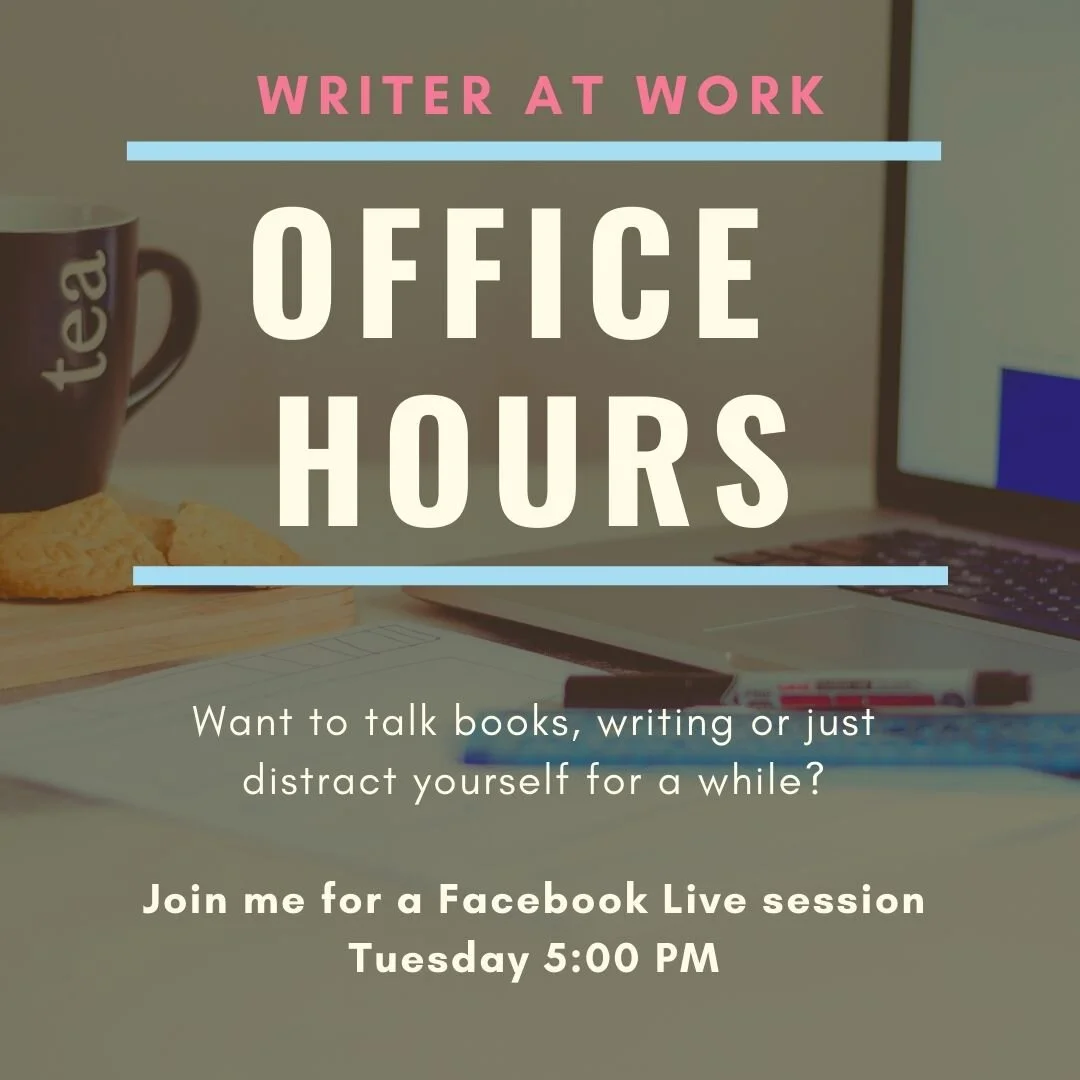Let's get started with a few quotes.
"The boy's name was Santiago." Paolo Coelho - The Alchemist
"He was an old man who fished alone in a skiff in the Gulf Stream and he had gone eighty-four day now without taking a fish." Ernest Hemingway - The Old Man And The Sea
"When he woke in the woods in the dark and the cold of the night he'd reach out and touch the child sleeping beside him." Cormac McCarthy - The Road
What do these first lines from arguably very different books have in common?
It's simple. They get right to the point. They don't mess around with flowery description. They don't set the stage by telling you everything you need to know about their environment. They don't tell you the writer's opinion of the characters. They just drop you right into the action or emotion of the story. Coelho begins The Alchemist with a simple telling of fact and we are immediately attached to Santiago. This statement is evocative chiefly because it plays on the reader's ingrained sympathy for the young and the sparse language clues us in on the type of environment in which he lives. It's beautiful in its efficiency. Likewise, Hemingway effectively sets up the conflict that drives The Old Man And The Sea with one bare sentence. It conjures image of an old man at sea in a small boat and his desperation at not catching a fish for so long. We don't know Hemingway's opinion of fisherman. He doesn't tell us how we're supposed to feel about it, but the old man's desperation still comes through with the accounting of many days he's gone without a fish. McCarthy is a bit more descriptive in the opening line of The Road, but that description comes to us through the character. We don't know what he looks like, or what the woods look like, or that he's hungry. We don't even know what he's feeling aside from the physical sensation of cold, but we are gripped by the heart-wrenching image of a man in the rough caring for a child.
No, this is not a discussion of the importance of great first lines, though they are important. I'm more concerned with the very first of Strunk and White's "Reminders" from Chapter 5 of The Elements of Style. That is to "Place yourself in the background." I have no doubt that this was positioned at the top of the list because of its importance and because it makes the best starting point for developing your own style. They write:
"Write in a way that draws the reader's attention to the sense and substance of the writing rather than the mood and temper of the author...to achieve style, begin by affecting none--that is, place yourself in the background. A careful and honest writer does not need to worry about style."
The key take away from this when writing fiction is to let your characters tell the story. The story is the "sense and substance" to which they are referring. A "careful and honest" writer is one for whom the story and not the style is paramount. By contrast a careless and/or dishonest writer is one who may become so enamored of a certain style that their story becomes overshadowed by the writing. This is a particular pitfall of genres like historical fiction, science fiction or fantasy. Where the story is set in a world not familiar to the everyday reader, writers may find themselves too caught up in creating the setting. Some writers become so concerned with the environment that they are writing in that the reader loses interest in the story. For example, I recently read a piece of historical fiction (that I will not name) in which the writer was so interested in mimicking a circuitous 18th century mode of speech that her sentences were sometimes rendered incomprehensible. Compounded by the fact that the novel was set in the late 19th century, the story was buried under the writer's affected style. This is precisely what Strunk and White are exhorting us to avoid.
As a test, try writing your story as a newspaper article, not a feature article like you might find in your local paper, but pure wire service type news. Just the facts. This can help you separate the "sense and substance" from the "mood and temper". It can also give you a point to start from if you decide to rewrite something.
But, you may be asking, how am I supposed to distinguish myself as a writer without affecting a style? We read on:
"As you become proficient in the use of language, your style will emerge, and when this happens you will find it increasingly easy to break through the barriers that separate you from other minds, other hearts..."
In essence, focus on your story and trust yourself. YOU will emerge through the telling of your story. If you are honest and write naturally without affectation, your style WILL come out. You are unique, and no one but you is going to write with your voice. In Finding Your Voice: How to Put Personality in Your Writing, Les Edgerton uses an interesting exercise to illustrate this very point. In the exercise you take a favorite passage from a classic book. Strip it down to the actions only, and then rewrite the passage in a way that is natural to you. Don't over think it, just write and trust yourself. When I tried this, I used a passage from Jane Eyre which I had read countless times. Despite the many times that I had read and reread and analyzed Charlotte Bronte's words, when I rewrote the passage in my own voice the "sense and substance" were the same but "mood and temper" were entirely mine. I highly suggest trying this exercise, it can be a real eye opener.
So, take a step behind the curtain and let your characters strut and fret upon the stage.







